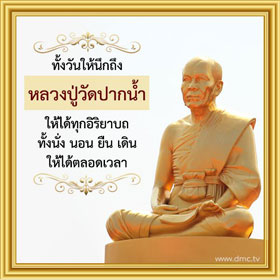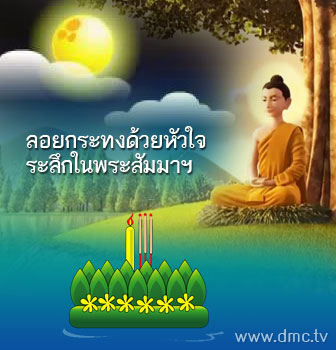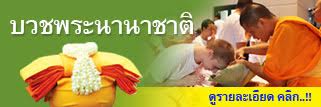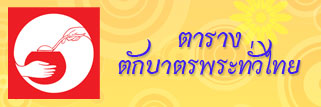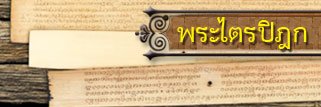Meditation for PeaceCherishing our Parents # 2A better way to announce the goodness of our parents is through our own behavior.Children’s VirtueBecause we owe an overwhelming debt of gratitude to our parents, we must repay the debt of gratitude firstly by appreciating our parents. We should know how good they are to us. Additionally, we must repay that debt of gratitude to them. In Buddhism, this concept is described in these words: katanyu and katavedi, which represent the pride and dignity of a child.Katanyu means appreciating the debt of gratitude we own our parents with all of our heart and mind. They are truly kind and love us not only by words. Our debt of gratitude to our parents can be seen from how they raise us; and how much benefit they give to us. Our parents are unlike anybody else in the world. Normally people will only help us when they see if they can get something out of it and/or share some common personality. Only when they are certain that their investment will bring about a return, will they give a hand. However, our parents care and protection comes from a loving and true heart without a guarantee of return. We were born with a naled body and came without clothes or the means to make them. The parents did not know if our body would be completely functional. Moreover, they did not know whether or not our personality would be compatible or harmful to theirs. They had no confirmation, contract, or even promise from us but they completely sacrifice their lives to protect us. If they are poor, they will loan money from others. This issue must be considered reasonably not emotionally. Such thorough consideration is called katanyu, which is a fundamental virtue. The more you realize, the clearer and brighter your mind has become.We are the representative of our parents because we receive their blood, flesh, and habits.Katavedi means repaying our debt of gratitude to our parents by:- Announcing the goodness of our parents- Repaying our debt of gratitude to our parents1. Announcing the goodness of our parentsThis concept is not new. It has been done in many ways by our ancestors, but the most common and modern way of doing this is at our parent’s funeral by writing a biography and giving it as a souvenir. It is not all in all a bad thing, but it hits only the tip of the iceberg. Like eating fruit, it is only chewing the peel. A better way to announce the goodness of our parents is through our own behavior.We are the representative of our parents because we receive their blood, flesh, and habits. Our own mannerism can best express the way to announce the goodness of our parents to those around us, not just by using the funeral book. If we write in the funeral book that our parents had good manners and morality but we behave in the opposite manner by becoming intoxicated and corrupt whenever there is a chance and not even observing one precept, we are hypocrites. By doing this the value of our proclamation will diminish. It is as if we put all the efforts to announce the goodness of our parents through paper, printer, and staff yet we insult our own parents through our behavior. This says that our parents did not teach us well.We love our parents, so we must announce the goodness of our parents by practicing that virtue in us, starting from now, while they are still alive. If we do so, we bring happiness to our parents. However, for people who only like to praise their parents in the funeral books, it amounts to very little.Whether or not we intentionally want to announce the goodness of our parents, our actions speak for themselves. Do we want to make ourselves worthy of our parents’ legacy or do we want to insult them by behaving improperly? Think about it.Inspire our parents to have faith in the Triple Gem2. Repaying our Debt of Gratitude to our Parents:- While our parents are still alive: We can help them in their work, take care of them when they are ill, and provide them with clothing, housing, medicines, and other necessities.- When our parents have already passed away: Apart from taking responsibility for organizing a fitting funeral, we should perform meritorious deeds on a regular basis and dedicate the merit for their benefit.Although we can follow all of the above virtues, it is still modest when compared to the debt of gratitude we have towards our parents. Thus a good child who wants to repay the debt of gratitude to his parents should follow these guidelines:1. Inspire our parents to have faith in the Triple Gem;2. Invite them to give to charity. If they are not yet willing, at least invite them to rejoice in the merit if others;3. Persuade them to observe five precepts;4. Teach them how to meditate.Having faith in the Triple Gem, practicing generosity, observing precepts, and meditation on a regular basis is the internal support which directly brings great benefit to our parents because they will given be heaven as their destination after death.The Benefits of Cherishing our Parents IncludeThe Benefits of Cherishing our Parents Include:1. Becoming a patient person;2. Becoming a prudent person;3. Becoming a reasonable person;4. Be far away from suffering;5. Easily receive wealth;6. Be safe from all dangers;7. Be protected by the angels;8. Be praised by all;9. Be successful;10. Having good children ourselves;11. Have Happiness;12. Set a good example for the next generation.By taking good care of his parents, he will be praised by the wise in this world, and after passing away, he will rejoice in heaven.

http://goo.gl/kgU7e








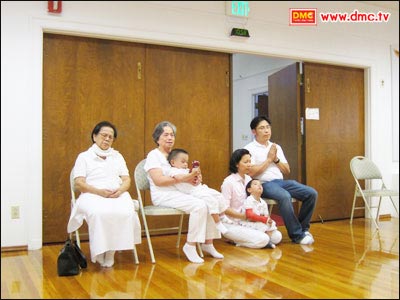
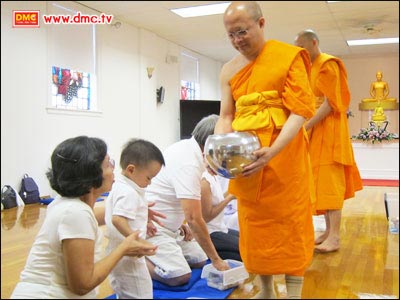

 พิมพ์บทความนี้
พิมพ์บทความนี้
